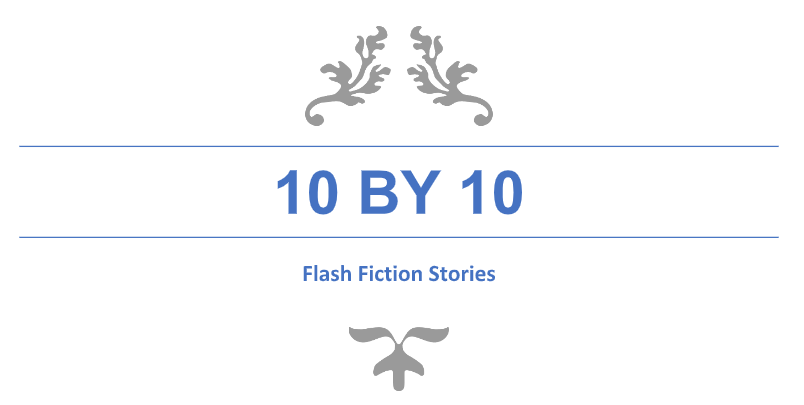by Nina Rubinstein Alonso
Aunt Dora scowls at her untouched slice of pink cake, says, “sugar chokes me, sweetness is poison,” then starts unspooling dark threads of family history ignoring the array of baby shower balloons garlanding this party room.
Listening to her is like opening a closet full of dead people’s shoes. I heard hints growing up, always at a distance, no direct details.
She describes the clothes Jews wore in the Kiev shtetl, says my great grandfather wrote Yiddish poetry, which I never knew, his books all lost. Then describes how Russian Cossacks attacked my great grandmother Christmas Eve, bashed in her cottage door, dragged her bed outside onto the frozen river because she was a Jewish woman about to give birth on Christ’s birthday. Did they know or care that Jesus was a Jewish baby, or was that detail twisted and negated, canceled by hatred?
Grandma Bessie, Dora’s mother, was five years old, hiding in a cupboard, told to keep quiet no matter what she heard, even her mother screaming while Cossacks dragged her bed through the smashed door out into the snow and onto river ice where she died.
Somehow the newborn was rescued and Bessie survived, but there’s no explanation how it happened or how she grew up and later reached the United States with Grandpa Sasha.
I remember Grandma as watchful and suspicious, trusting no one, refusing to taste the cake a neighbor brought after her leg was broken shielding her grandchild’s stroller from an out of control car that veered onto the sidewalk, as if nothing a Goy offered, even cake, could bring anything good.
“How was the baby rescued, how did Grandma Bessie grow up and come to the states? Who named the baby Bathsheba?”
Aunt Dora won’t answer, as if it’s senseless and annoying for me to keep asking questions, unbearable to say another word about her mother’s suffering. She turns away, ignores me, refills her wine glass, flicks ashes on pink cake, shoves her cigarette butt into white icing.
